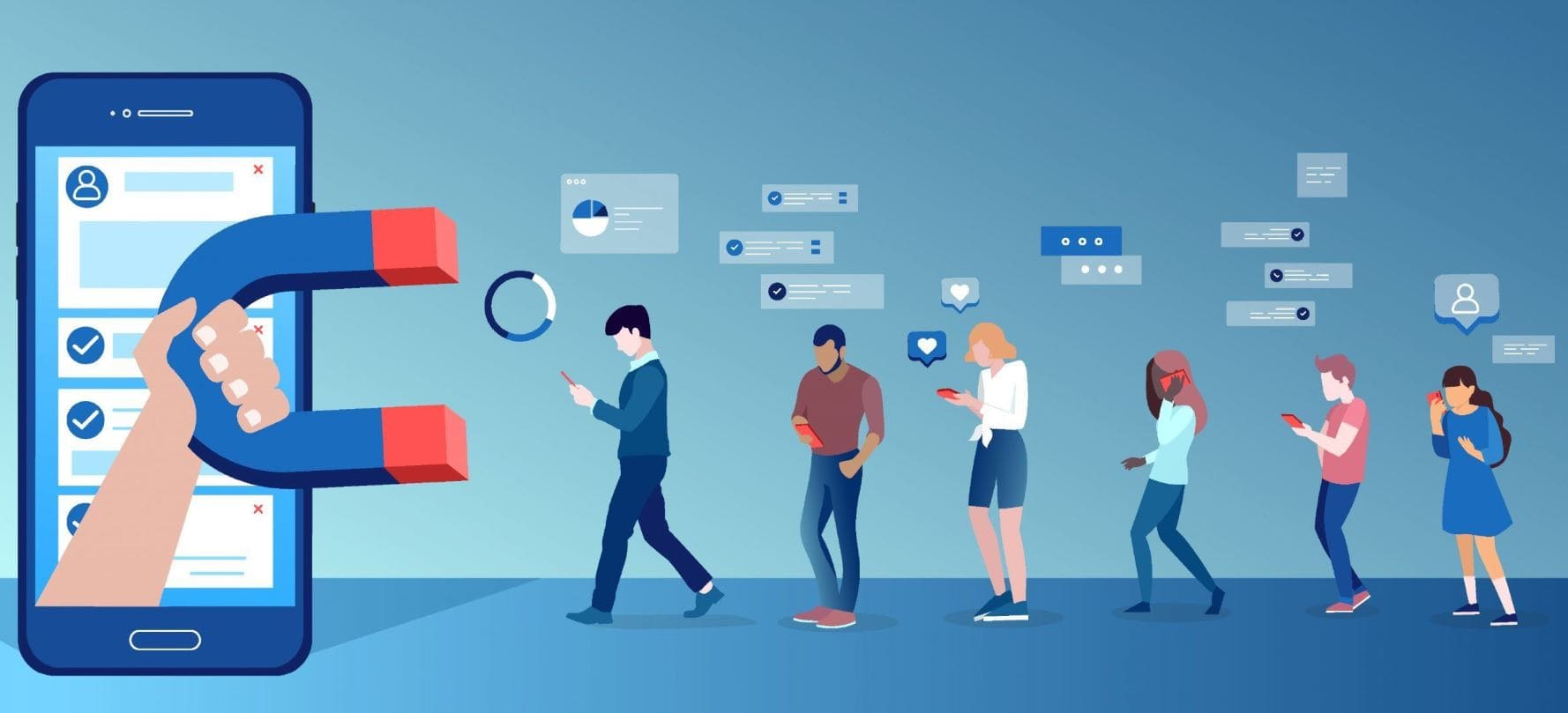Now Reading: 10 Profitable Ways to Make Money Online in Nigeria 2025
-
01
10 Profitable Ways to Make Money Online in Nigeria 2025
10 Profitable Ways to Make Money Online in Nigeria 2025

In a bustling city like Abuja, where the cost of living rises steadily, many Nigerians are turning to the internet not just for news and entertainment—but to make a living. The internet, often described as “the new oil,” has become a goldmine for skilled individuals ready to leverage digital tools for financial freedom.
From students in Gwagwalada to civil servants in Maitama, the question on everyone’s mind is the same:
How can I make money online in Nigeria without being scammed?
1. Freelancing on Global Platforms
Best for: Writers, designers, developers, and digital marketers
Freelancing platforms like Upwork, Fiverr, and Freelancer.com have opened the global job market to Nigerians. If you can write articles, design logos, or code websites, you can get hired by clients from the US, UK, or Australia right from your home in Wuse or Kubwa.
Tip: Build a strong profile with reviews, take free skill tests, and use platforms like Payoneer or Grey.co to receive payments seamlessly.
2. Affiliate Marketing
Best for: Bloggers, influencers, and marketers
Affiliate marketing involves promoting products and earning a commission on each sale made through your unique referral link. Platforms like Expertnaire, Learnoflix, and international giants like Amazon Associates offer affiliate programs open to Nigerians.
A good example is Tolu Ogunlesi, a media strategist who reportedly earns six figures monthly from affiliate sales through content and targeted ads.
Use a blog or YouTube channel to grow your audience and drive traffic to your affiliate links.
3. Selling Digital Products

Best for: Creatives and educators
Got a skill? Package it into an eBook, online course, or template and sell it on platforms like Selar, Gumroad, or Paystack Storefront. A cooking instructor in Jabi, Abuja, makes over ₦500,000 monthly selling recipe eBooks and meal plans.
Even a simple PDF guide like “How to Start a POS Business” can be a hot seller.
4. YouTube Content Creation
Best for: Storytellers, entertainers, educators
YouTube pays creators through ad revenue once their channel reaches 1,000 subscribers and 4,000 watch hours. From comedy skits to tutorials in Hausa, Igbo, or Yoruba, Nigerian creators are making millions monthly. Abuja-based vlogger Nelo Okeke documents lifestyle content and earns from ads, brand deals, and merchandise.
Use free tools like Canva and CapCut to create quality thumbnails and edit videos.
5. Dropshipping and E-commerce

Best for: Aspiring online retailers
You don’t need to own inventory to run an e-commerce store. With dropshipping, you list products online, customers place orders, and suppliers handle shipping. Sites like Shopify, WooCommerce, and Nigerian platforms like Paystack Commerce make setup easy.
According to Statista, Nigeria’s e-commerce revenue is expected to hit $7.6 billion in 2025.
Niche ideas: fashion, baby items, Afrocentric accessories
6. Virtual Assistant Services

Best for: Organized individuals with admin or customer service skills
As a virtual assistant, you help businesses manage tasks like email, appointments, or social media. VAs from Abuja and Lagos are hired by clients in Canada, UK, and the US via platforms like PeoplePerHour and Zirtual.
Learn skills like email marketing, CRM tools, and calendar management to stand out.
7. Online Tutoring and Language Coaching

Best for: Teachers, bilingual speakers, and subject experts
Teach English or local languages like Yoruba or Hausa online to foreign students via platforms like Preply, Cambly, or iTalki. You can also tutor Nigerian secondary school students via Tuteria or your own Zoom classes.
8. Blogging and SEO-Optimized Content Creation

Best for: Writers and niche experts
Start a blog and monetize through Google AdSense, sponsored posts, or affiliate links. Choose niches like finance, health, or relationships. With consistency and SEO, your blog can become a passive income stream.
9. Cryptocurrency Trading and DeFi

Best for: Risk-tolerant investors and analysts
Despite CBN restrictions, crypto trading remains a popular income source. Use peer-to-peer (P2P) platforms like Binance, KuCoin, or Paxful to buy/sell coins like BTC, ETH, or USDT. Some Nigerians earn through staking or yield farming on DeFi platforms.
10. Social Media Influencing

Best for: Content creators, entertainers, lifestyle brands
Influencers in Abuja and Lagos make serious income from Instagram and TikTok through brand sponsorships, product endorsements, and live sales. Even micro-influencers (with 5k–20k followers) are getting paid.
Tip: Choose a niche fashion, fitness, parenting and post consistently. Brands pay more when your audience is engaged.
Read Also: 10 Countries That Have Banned Nigerian Visas – Here’s What You Should Know
The Internet Is Nigeria’s Untapped Oil

You don’t need a flashy office in Central Area or startup capital to begin. All you need is a smartphone, internet access, and the right skill. As NBS reports, youth unemployment remains high in Nigeria, but the digital economy is booming with remote work, e-commerce, and the creator economy leading the charge.
In the words of Nigerian tech entrepreneur Iyinoluwa Aboyeji:
“Our youth are not lazy they’re just waiting for the right tools and platforms to build their future.”
So, whether you’re in Abuja or Aba, don’t just consume the internet use it to earn.






